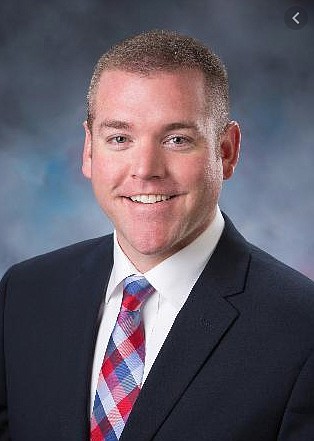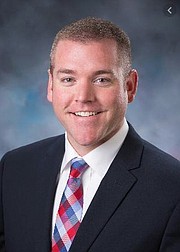Workforce housing bill squeaks through House
If local funds still need to be spent, why ask the state for more?
Rep. Jim Addis, R-Coeur d'Alene, and all but one North Idaho legislator on Friday voted against House Bill 701, a bill that would establish the Idaho Workforce Housing Fund and give life to Gov. Brad Little's workforce housing initiative.
Despite the North Idaho nays, the bill passed 37-31. It now goes to the Senate.
Addis said locals know best if they have a workforce housing issue. He said Coeur d’Alene is working on this issue today.
"Coeur d’Alene is receiving just under $8.7 million in ARPA funds, directly, from the U.S. Treasury. Kootenai County is receiving approximately $32 million in ARPA funds, directly, from the U.S. Treasury," he said in a written statement. "Each entity has the ability to spend up to $10 million, as they see fit, on local governmental needs.
"In speaking with the Legislative Services Office, I was reminded that the statute the legislature passed, last year, to authorize the receipt of ARPA funds contains intent language that states that our local taxing districts use their ARPA funds first, before utilizing state ARPA funds," he wrote.
He said if workforce housing needs can be addressed with American Rescue Plan Act funds, "we’ll have more funds to use statewide."
The bill is sponsored by House GOP Caucus Chair Megan Blanksma, R-Hammet. The initiative would use $50 million ARPA funds to provide gap financing that would aid in the development of workforce housing across the state.
The black sheep of the North Idaho representatives was the single "aye" from Rep. Paul Amador, R-Coeur d'Alene.
He said Idaho is in a difficult situation with affordable and workforce housing, citing skyrocketing housing prices driven by people moving into the area from housing markets even higher than Idaho.
"Employers are struggling to find employees because those employees can't find housing," he said. "It's just not available for them."
He said some of the arguments against this bill is that it would create government building projects.
"That's not at all what the intention of the funds would be used for," he said. "It's for private developers who need a little gap financing to make these projects happen."
The bill sunsets Dec. 31, 2026. For those concerned about dependence on federal funds, Amador said "this is a one-time infusion, we know it expires in a certain timeframe. We know it ends."
"You’ve got this unique point in time right now where affordable workforce housing is just an incredibly pressing issue," he said. "If we can provide a little relief in these next couple years with these one-time dollars, it’s not creating dependency, its helping to address what is hopefully a short-term problem."



